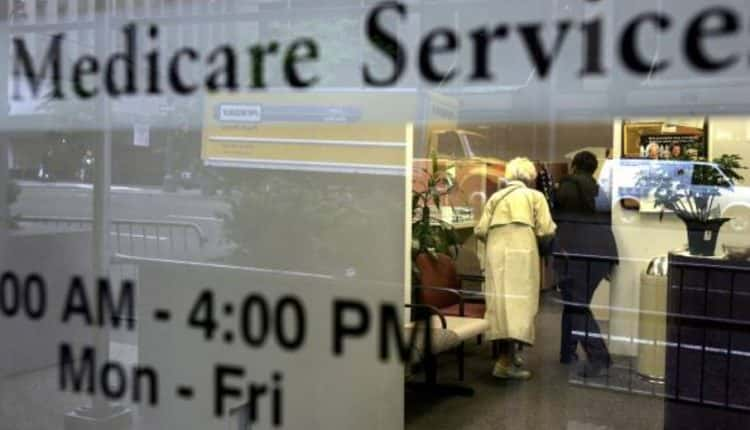
Lynn Cooper’s struggle with accessing mental health services after turning 65 highlights a longstanding issue within the Medicare system.
For years, limitations in coverage have left many seniors with mental health conditions facing obstacles in obtaining the care they need.
Historical Challenges
Now, as legislative and regulatory changes come into effect, Medicare is taking steps to expand its pool of behavioral health providers, aiming to address the growing demand for mental health services among older Americans.
Traditionally, Medicare has covered mental health services offered by a limited group of professionals, leading to a significant gap in accessibility.
With a considerable number of psychiatrists and psychologists choosing not to participate in Medicare, seniors like Lynn Cooper found themselves struggling to secure essential mental health care services.
Read more: Maximize Your Retirement Savings And Tax Advantages For The Year Ahead
New Medicare Initiatives for Improved Mental Health Coverage

Starting in January, Medicare is set to welcome marriage and family therapists and mental health counselors into its network of providers. This move is a response to the pressing need for expanded mental health coverage, especially in rural areas where these professionals play a critical role.
Additionally, Medicare is introducing up to 19 hours a week of intensive outpatient care, enhancing navigation and peer-support services for those dealing with severe mental illness.
The expansion of mobile crisis services, designed to provide in-home or on-the-street treatment, further reflects a commitment to addressing the diverse needs of older adults.
The changes come in the wake of the COVID-19 pandemic, which has underscored the urgency of improving access to effective mental health and substance use disorder treatment.
Meena Seshamani, deputy administrator of the Centers for Medicare and Medicaid Services, emphasizes the need for these adjustments as the nation emerges from the public health emergency.
Advocacy organizations that have long championed improvements in Medicare’s mental health coverage welcome these changes. Deborah Steinberg from the Legal Action Center sees the potential for increased access to mental health care for older adults, marking a turning point in addressing long-standing issues.
Despite the positive strides, some questions remain open. Will mental health counselors and therapists be adequately reimbursed by Medicare, encouraging them to accept Medicare patients?
Additionally, there are concerns about whether Medicare Advantage plans will expand their networks to include these newly eligible providers and if federal regulators will ensure sufficient access to mental health services.
The pandemic has reshaped the landscape of mental health care, with expanded coverage for telehealth services. Maintaining these innovations beyond the pandemic is crucial for older adults, allowing them to access mental health services from the comfort of their homes.
The issue of mental health parity for Medicare remains a challenge, as legislation proposing such parity is yet to advance in Congress. The existing lifetime limit on psychiatric hospital care and biases surrounding the mental health of older adults are critical issues that need further attention.
As Medicare takes steps to address the mental health needs of older Americans, it marks a significant shift in prioritizing mental health care. The upcoming months will reveal the effectiveness of these changes and whether they succeed in bridging the gap in mental health services for seniors, ultimately improving the well-being of an aging population facing complex mental health challenges.
Read more: Texas SNAP Benefits Update: Eligibility Criteria And Deposit Amounts

